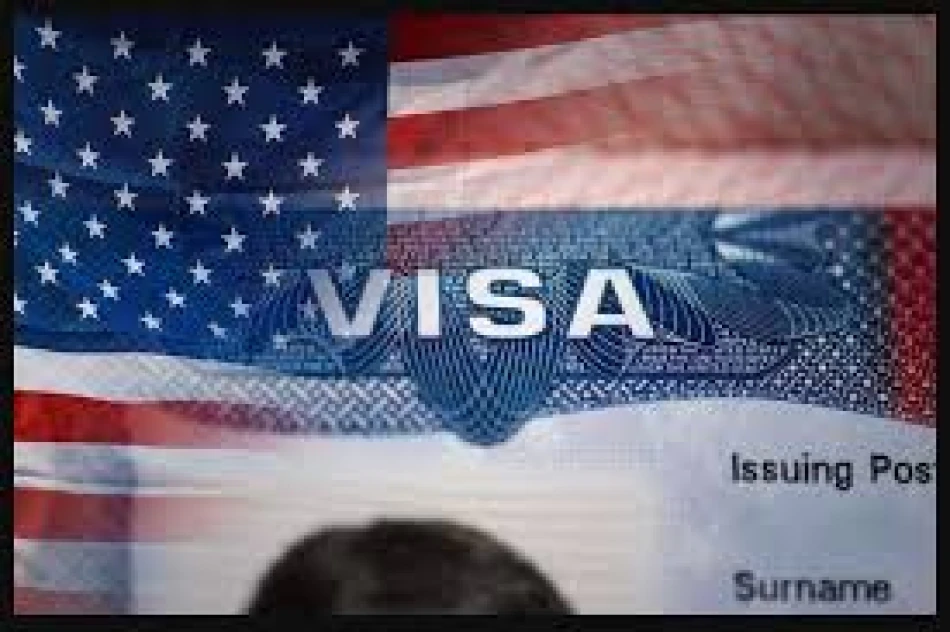
Trump Imposes $250 Fee on Travelers to the US, Sparking Controversy
Trump Administration Imposes $250 "Visa Integrity Fee" on US Visitors
The Trump administration has introduced a new $250 "visa integrity fee" for temporary visitors to the United States, marking a significant increase in travel costs that could generate billions in revenue while potentially deterring tourism and business travel. The fee applies to all non-immigrant visa applicants except those from visa waiver program countries, affecting millions of annual visitors.
Who Pays and Who's Exempt
The new fee targets all non-immigrant visitors required to obtain a visa for US entry, including tourists, business travelers, and students. However, visitors from visa waiver program countries—including Australia and many European nations—remain exempt from this additional charge.
This exemption creates a two-tiered system that effectively penalizes visitors from developing nations while preserving favorable treatment for traditional US allies. The policy could strain diplomatic relationships with countries whose citizens face the additional financial burden.
Financial Impact and Revenue Generation
With the US issuing approximately 11 million non-immigrant visas in fiscal year 2024, this fee could potentially generate up to $2.75 billion annually if applied universally. However, the actual revenue will likely be lower due to exemptions and the refundable nature of the fee.
The fee structure includes a refund mechanism for travelers who comply with visa terms after completing their trips. Non-refunded fees will be deposited into the general Treasury fund, providing additional government revenue beyond traditional visa processing fees.
Implementation and Administrative Challenges
The Department of Homeland Security spokesperson indicated that implementing the integrity fees requires inter-agency coordination, suggesting potential administrative complexities ahead. The State Department will publish detailed guidelines on its visa webpage, but the coordination requirement hints at possible delays or complications in rollout.
For fiscal year 2025, the fee is set at $250 or "any amount determined by the Secretary of Homeland Security through regulations," providing flexibility that could see future adjustments based on policy priorities or revenue needs.
Tourism Industry Implications
This fee increase comes at a time when global tourism is recovering from pandemic disruptions. The additional cost burden could make the US less competitive compared to other destinations, particularly affecting leisure travelers from price-sensitive markets in Latin America, Asia, and Africa.
Business travel, already under pressure from remote work trends and economic uncertainties, faces another cost barrier that could influence corporate travel decisions and international business relationships.
Immigration Enforcement Strategy
According to the State Department, the fee supports the administration's priorities in strengthening immigration law enforcement, deterring visa violations, and funding border security. This positions the fee as both a revenue generator and a policy tool designed to reduce unauthorized overstays.
The refund mechanism serves as an incentive for compliance, potentially improving visa violation rates by creating financial consequences for overstaying or violating visa terms. This approach represents a market-based enforcement strategy that could prove more effective than traditional monitoring methods.
Most Viewed News

 Sara Khaled
Sara Khaled






